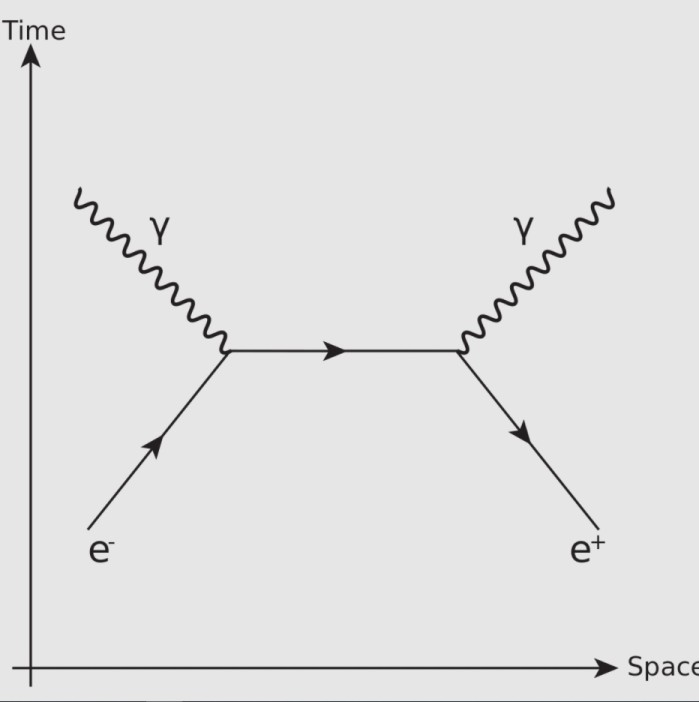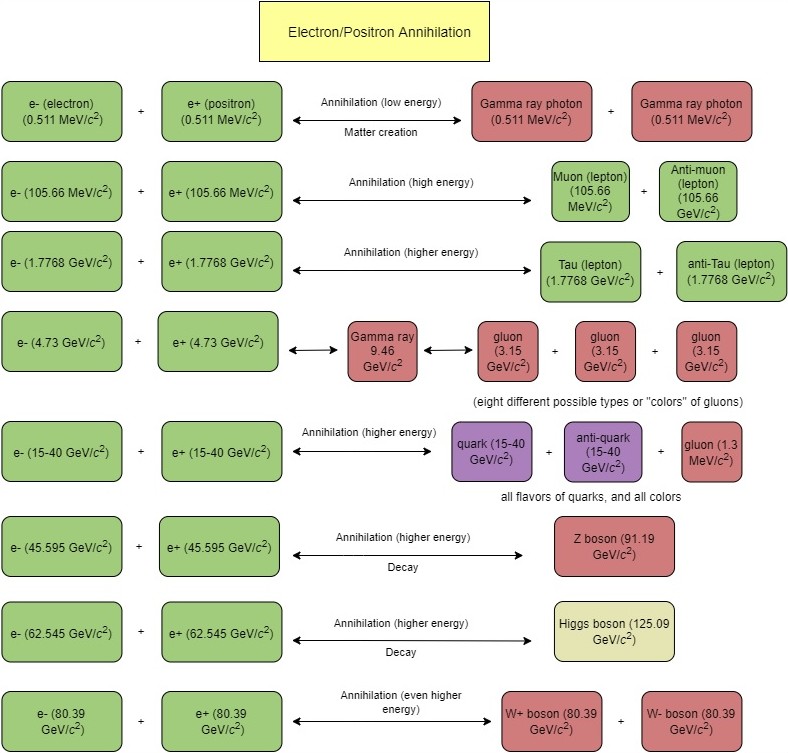I have no idea what separation your alluding to here. Can you clarify?
I already did .. In different words this time: I was referring to the idea that our brains/minds somehow exist independently from some separate, so-called 'external' source of stimulii. No, our brains/minds are inseparable from the sensory stimulii they experience. Our senses are an integrated part of our minds, but we happen to regard them as being separate.
In science, they're testable
models, constructed to ultimately make predictions, so brain/mind and sensory organ/sense are just two different
types of models .. but they're still both demonstrably, models. There is no need to refer to some separate so-called 'external source' of the stimulli .. that bit is just a pure, untestable belief .. and impacts
nothing as far as objective reality and testing is concerned.
dlamberth said:
That should read
"you're" and not:
'your' (for the second time, now)
.
I am not projecting. You just don't understand
how the words you write acquire their meanings. How could you possibly conclude, from anything I've said, that life is 'an illusion'? Why would you even ask me why I'd think 'human experiences' (or life) are an illusion, when I'm fully aware of
how that very term, ie: 'illusion', is distinguished, as follows .. by:
i) comparing experiences with other people's and seeing if they're experiencing the same thing and by;
ii) ascertaining whether there's evidence that what's being experienced isn't either consistent with the rules of logic, or isn't consistent with known science.
If (i) returns a negative, then its worse than an illusion .. its more like a delusion.
If (ii) returns a positive, then its an illusory belief being experienced.
Both (i) and (ii) involve
testing, which is
a process leading towards informing us what some experience
is (or simply -
its meaning).
This is what I'm saying is how we decide what exists and what doesn't. There is no need for words like internal, external or physical, non physical or even material, non material. Those words are completely useless for finding out because they mean different things to different people and thus fail on consistency.
dlamberth said:
I'll try again with this. Do I actually experience a bit of aweness when seeing a rainbow? See
Double Rainbow Guy Video An aweness experience is a very subjectivity experience, that's especially true in the video. But experiences like that are very Human. I'd even say it's one of the things that makes us Human Beings. Because of it's subjectivity, does that than makes the inner experience of aweness a "belief"? If only a belief, that means it's not an actual experience and is something else all together. So I asked, is that something else an "illusion?"
I can test if 'awe' is present or not, by simply asking another person to describe what they're experiencing. If it matches my own, then its not just an individual's own
subjective experience any more, is it?
Subjectivity and objectivity aren't clear-cut and pre-determined by some dictionary definition. All dictionaries do, is give some fuzzy general approximation of what people sometimes mean when they use such terms, but their meaning is always dependent on the contexts in which they're used. One has to do the hard yards and find out what is meant there and the scientific method does it better than the other way .. which is just making stuff up (or reading from a dictionary) and then just go on believing that.
Dictionary or web definitions for what 'objectivity' means are actually quite a mess .. what one generally sees, is people bending over so far backward to try to interpret "objectivity" in a mind-independent way, that the meanings they intend end up being clearly internally inconsistent, which is easy to demonstrate - I've done it before and seen that for myself. But you have to actually make the attempt and actually execute that test and experience that for yourself.




